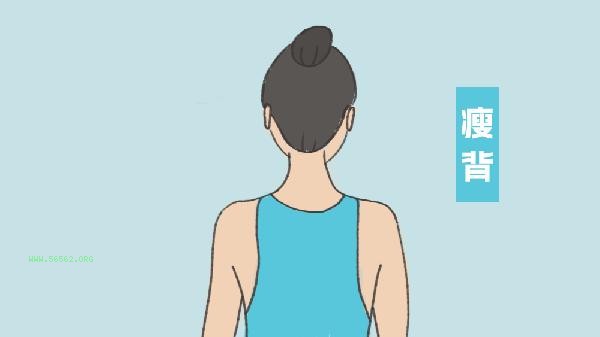Constipation caused by not eating during weight loss can be alleviated by adjusting dietary structure, supplementing dietary fiber, increasing water intake, moderate exercise, and establishing regular bowel habits. Constipation is usually caused by factors such as insufficient intestinal peristalsis, lack of dietary fiber, dehydration, slowed metabolism, and weakened defecation reflex.

1. Adjust dietary structure:
Restore moderate intake of staple foods, choose whole grains such as brown rice and oats with low glycemic index, and pair them with high-quality proteins such as eggs and fish. Avoid long-term complete fasting and ensure that at least one meal a day contains 50-100 grams of carbohydrates to stimulate normal intestinal peristalsis.
2. Supplementing dietary fiber:
Daily intake of 25-30 grams of dietary fiber, preferably choosing fruits rich in soluble fiber such as dragon fruit and plum, and pairing them with high fiber vegetables such as broccoli and mushrooms. Short term consumption of chia seeds or psyllium husk powder can soften feces after absorbing water and swelling.
3. Increase water intake:

Drink 1.5-2 liters of warm water daily, and drink 300 milliliters of diluted salt water on an empty stomach in the morning for better results. Dehydration can lead to excessive absorption of water by the colon, resulting in dry stool, especially during controlled diet periods where it is necessary to replenish 20% more water than usual.
4. Moderate exercise stimulation:
Doing 30 minutes of brisk walking or abdominal massage every day, rubbing the abdomen clockwise can promote colon peristalsis. Kegel exercises can enhance pelvic floor muscle strength, improve bowel movement, and the twisting posture in yoga also helps with intestinal emptying.
5. Establish defecation reflex:
Fix daily toileting after breakfast and utilize the best timing of the gastrocolic reflex. Maintaining a squatting position or using a footstool to raise the knees during bowel movements to reduce the anorectal angle is more conducive to exerting force. Avoid using your phone to distract your attention while using the restroom.

During weight loss, it is recommended to adopt a high protein, medium carbohydrate, and low-fat diet to avoid complete fasting or extreme low carbohydrate. Ensuring 7 hours of sleep per day helps with leptin secretion, and taking a 15 minute walk after meals can enhance the thermogenic effect of food. If constipation lasts for more than 3 days and is accompanied by bloating and pain, it is necessary to investigate whether there is intestinal obstruction or thyroid dysfunction. Long term dietary control individuals should regularly monitor electrolytes and, if necessary, use osmotic laxatives such as lactulose under the guidance of a doctor.




Comments (0)
Leave a Comment
No comments yet
Be the first to share your thoughts!